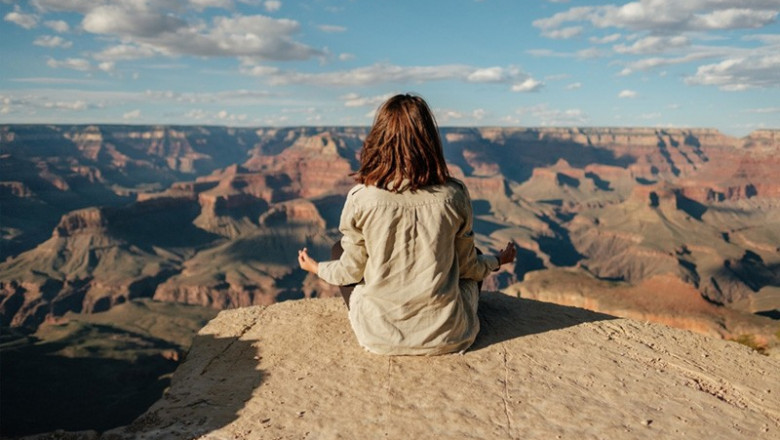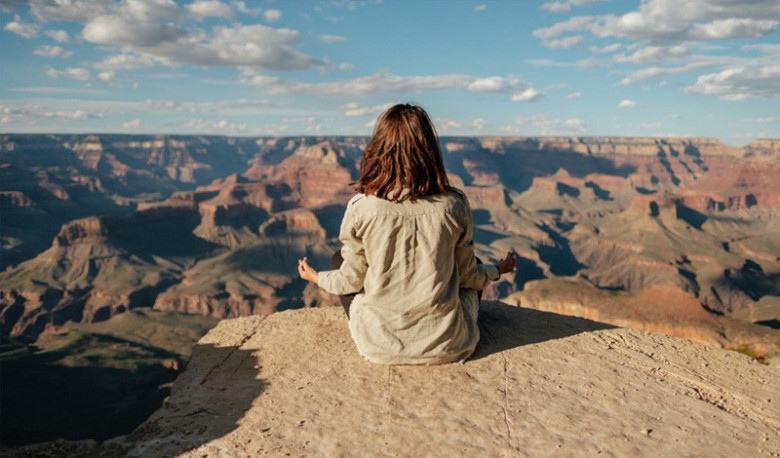views

Like the ancient Zen tale about two monks who were crossing a river. A beautiful woman stood there helpless before the gushing waters and requested the monks to help her. ‘How can you help a woman? We’re monks” said the first one. But the second monk nonetheless carried the woman on his back and dropped her safely on the other bank. When the two resumed their journey, the second monk kept a disgruntled silence till they reached their monastery when he complained that the first monk had carried a woman. The first monk turned around and said, “I carried the woman to help her and left her there. But you seem to be carrying her in your head even now”. That, for me, is a great example of mindfulness, living in the present.
Remember the 2000 Christopher Nolan film Memento? Its protagonist had short term memory loss and could not form fresh memories due to an injury. He couldn’t also imagine the future. No resentment about what happened in the past, no anxiety about the future. In fact, for all of us, the only time we have control over, is now. So being fully aware, being alive through all our senses to devour the current moment and experiencing it to its fullest is what mindfulness is all about.
Picture this. You’re standing at the Niagara along with your family. You see thousands of people not looking at the spectacular waters but being busy in taking photographs of themselves, of the waters, of people and thinking about the angles in which they can take Instagram worthy pictures. Or the young man at the restaurant busy clicking the plates as they arrive, to create drool-worthy pictures for sharing on his timeline. He would fail to appreciate the plating, the ingredients of the food, the color, texture, taste and even the pleasure of having food with your friends and loved ones. What will stay back is the pictures, not the satisfaction of the taste and the food.
Human minds are wired for thousands of years to be reactive to situations and stimuli around them in a bid to stay safe. That’s a very primitive adaptation technique which has surpassed its need today. We don’t need to react to everything happening around us all the time now but we still do it. And to add to it, there’s the overdose of sensory stimuli that keep distracting us. Read more.....













